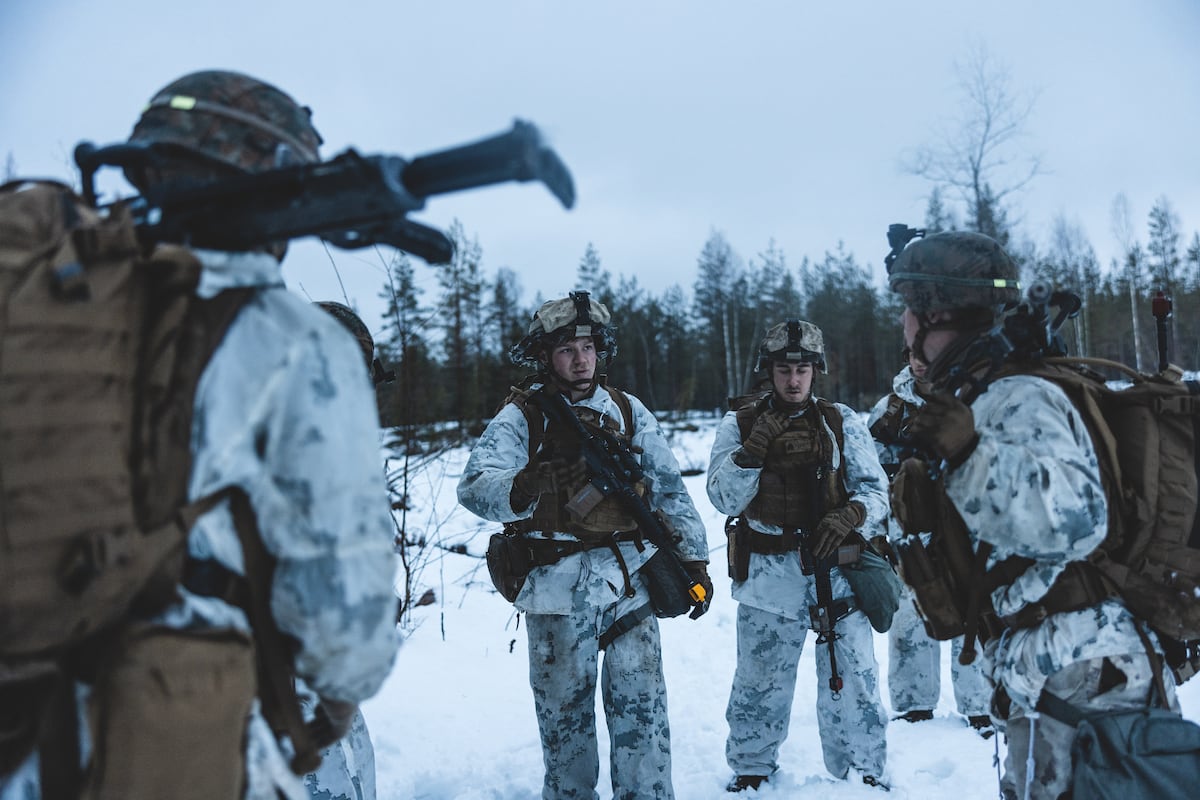The Pentagon's heightened concern over the Arctic stems from an alarming increase in military collaboration between China and Russia, which poses a significant strategic threat to U.S. interests in the region. As Iris A. Ferguson, the deputy assistant secretary of defense for Arctic and Global Resilience, highlighted, China's ambitions extend beyond mere military presence; they encompass scientific research and economic pursuits that could enhance Beijing's foothold near U.S. territory. This situation is exacerbated by the ongoing climate crisis, which has accelerated warming in the Arctic, leading to the degradation of ice caps and the opening of new shipping routes. The convergence of these factors necessitates a reevaluation of U.S. strategies in the Arctic, as the region becomes increasingly contested and vital for national security.
The Pentagon's 2024 Arctic Strategy emphasizes the need for a robust response to these emerging challenges, advocating for enhanced military readiness and stronger alliances with northern European partners. The strategy outlines the importance of service-specific and multinational exercises to ensure stability and defense of international waterways. As the geopolitical landscape shifts, the U.S. must leverage its relationships with like-minded allies to deter potential aggression from near-peer adversaries. Ferguson's call for clarity regarding the intentions of China and Russia underscores the urgency for the U.S. to adapt its Arctic posture, ensuring it remains resilient in the face of evolving threats and environmental unpredictability.









